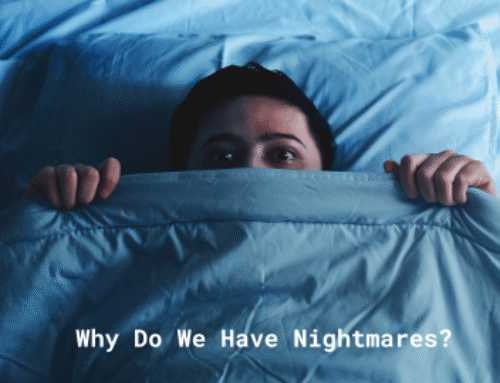The Only Thing Ugly is Pain
What is body dysmorphic disorder? The Anxiety and Depression Association of America defines BDD as “A body-image disorder characterized by persistent and intrusive preoccupations with an imagined or slight defect in one’s appearance.”
We want to spend some time talking about this painful condition, as it does not receive enough attention and many who need help do not get it. We’ll use BDD as our general term today, though many suffer from body dysmorphia that is not diagnosed as BDD.
It’s not just disliking your body. Most of us have something—or several things—about our bodies we don’t like. When it becomes an issue that interferes with one’s quality of life and everyday business, that is a cause for concern. Symptoms of BDD include:
− Spending hours obsessing over imperfections.
− Missing school, work, and appointments because they don’t want to be seen. − Being unable to believe it when people tell them they look just fine.
− Sexual dysfunction related to body image.
− Going to destructive measures to alter the perceived problem.
BDD’s Correlation with MDD
MDD is often triggered by and/or correlated with BDD. People with BDD are extremely likely to be depressed, often seriously. Given the fact that we live in our bodies every day and our relationship with our bodies is so integral, this is a dangerous and miserable situation.
Why do people develop BDD? One common cause is abuse in one’s formative years centered on body image, whether from parents, peers, authority figures, or all of these. Sexual abuse can often make people come to despise their bodies. Malfunction of neurotransmitters like serotonin can play a role as well.
Is This Me?
Gender dysmorphia and BDD are often found together. When someone does not identify with the body they were born in and/or the gender assigned to them, that is frequently correlated with BDD and other disorders like eating disorders. There is nothing wrong with trans, non-binary, intersex, etc. people, and humanity still has a long way to go when it comes to understanding how to help and treating them with the love and respect they deserve instead of contributing to depression and BDD. According to The Center for Discovery (TCFD), gender dysphoria is no longer listed as a disorder by the DSM-V, but rather as a symptom of mistreatment and lack of quality care.
If you or a loved one is being affected by body dysmorphia, there is quality help available. Always talk with your general physician before starting any healthy regimen and contact us with any questions.



